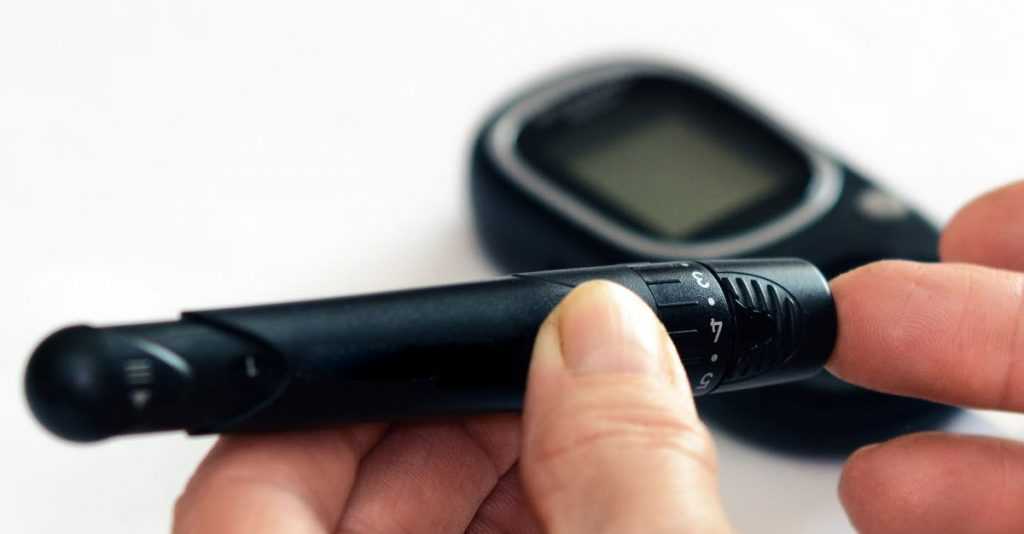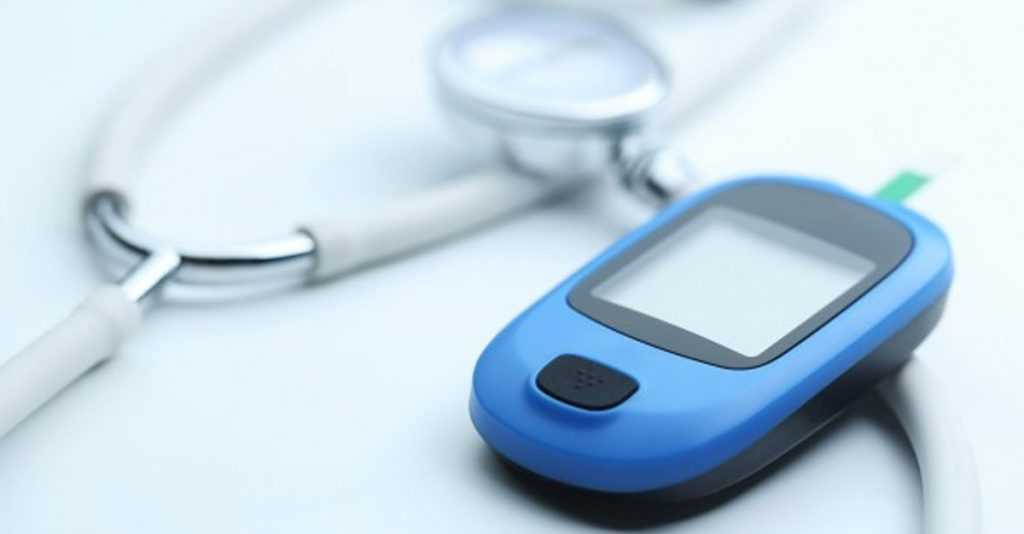Diabetic Patients Need Management Guidance To Avoid Serious Health Issues While Fasting.
Fasting exempts Muslims who are sick. For diabetic Muslims, fasting isn’t obligatory when it could worsen their health condition. However, most of the diabetic Muslims practice fasting nonetheless.
According to the results of the population-based Epidemiology of Diabetes and Ramadan 1422/2001 (EPIDIAR) study, it is estimated that some 40-50 million people with diabetes worldwide fast during Ramadan.
Patients with type 1 diabetes with poor glycemic control are especially at risk of having multiple problems during fasting. Therefore, it is important for our diabetic brothers and sisters to know the recommendations regarding their health condition.
For your diabetes, you can contact the best diabetologists in Pakistan via MARHAM.
Improve your fasting hours by following these suggestions provided by a team of Muslim and non-Muslim diabetologists and endocrinologists.
1. Monitor Your Glycemia Constantly
Patients with diabetes need to check their blood glucose levels multiple times daily. This is especially important for patients with type 1 diabetes and in patients with type 2 diabetes who need insulin.


2. Take Care Of Your Diet
You have to make sure that you maintain a constant weight and don’t gain more. Avoid eating foods that have a lot of fat and carbohydrates in them. It’s better to eat “complex” carbohydrates in Suhoor because they release energy slowly. Take a balanced proportion of simpler carbohydrates, proteins, and vitamins in Iftar. Don’t over-eat. Also, eat your Sehri as late as possible before the fast starts. You can contact the best diabetologists in Lahore via MARHAM.
3. Increase Your Water Intake
You have to check your water levels frequently during Ramadan. Fasting increases the risk of dehydration. So increase your water intake during non-fasting hours. Avoid drinking cold water because it has adverse health effects. Like increasing sensitivity of your teeth and disturbing your body’s thermoregulation (management of constant temperature).
4. Do Slight Exercise
Keep your body working. Helping around the house and Tarawih prayers are a good way to exercise. Don’t do heavy physical activity because it can deplete glucose in your blood, thus, causing hypoglycemia.
5. Break The Fast In Certain Conditions
It’s essential for all fasting diabetic patients to understand that they should break the fast immediately if
- their blood glucose level becomes less than 60 mg/dl (3.3 mmol/l).
- their blood glucose level gets lower than 70 mg/dl (3.9 mmol/l) in the first few hours after the beginning of the fast. This should be done especially if they took insulin, sulfonylurea drugs, or meglitinide in Sehri.
- their glucose level exceeds 300 mg/dl (16.7 mmol/l).
Diabetic Muslims should not fast when they feel ill.


6. Take Medical Assessment and Educational Counseling Before Ramadan
You should take necessary medical check-ups and diagnostic tests 1-2 months prior to Ramadan. Get your blood pressure, glycemia, and cholesterol level evaluated. Ask your doctor about your drug schedule and specific precautions for Ramadan. Also, consult your health specialist for a detailed explanation concerning self-care, blood glucose monitoring, diet plan, physical activity, medicinal administration, and management of acute complications. It’s also very helpful to wear a medical alert bracelet. You can contact the best diabetologists in Pakistan via MARHAM.
Professional recommendations are provided to help you keep track of your health condition. This advice can help you to avoid chronic health issues. So that you can have a healthy Ramadan and a cheerful Eid.





